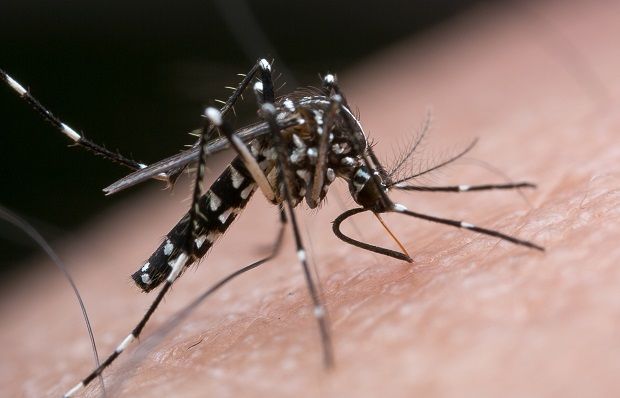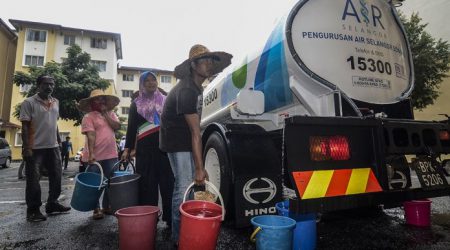Wolbachia-infected mosquitoes to be released for dengue control
SEGAMAT: Wolbachia-infected Aedes mosquitoes will be continuously released in stages via the Wolbachia Mosquito Release project, at locations experiencing increased dengue cases.
Health Minister Dr Zaliha Mustafa said 50 million Wolbachia mosquitoes have been released between July 2019 and May 2023 at 28 locations in Penang, Selangor, the federal territories of Kuala Lumpur and Putrajaya, Melaka, Kelantan, Pahang and Johor.
“So far, the highest number of locations is 10 in Selangor, followed by seven locations in Kuala Lumpur. The release will be carried out for the existing locations as per schedule and the Health Ministry is also identifying other locations for further release,” she said.
She was speaking at a press conference after launching the Johor-level ‘Madani Afiat’ and national-level Gotong-Royong Mega Perangi Aedes 2.0 programmes at Sekolah Kebangsaan Kampung Jawa, here on Saturday (Aug 26).
Wolbachia is a bacterium and a form of biological control that is naturally occurring in 60%-70% of insects, spiders and nematodes.
It is usually introduced into Aedes mosquitoes to prevent the transmission of dengue viruses.
The Wolbachia bacteria stops the dengue virus from replicating, so the mosquito does not spread the virus when it bites.
During the event, 415 volunteers from MyCHAMPION COMBI in Segamat and ‘Hero Kebersihan’ (cleanliness heroes) from SWCorp joined government and private agencies to carry out detection and cleaning activities to control dengue cases in the area.
She said such activities are critical as dengue fever still poses a public health threat to the area and nationwide as a whole.
“Between January to Aug 12 this year, the ministry recorded 73,680 cases compared with 33,911 cases for the same period reported last year, an increase of 117 per cent.
“Whereas, fatalities for the same period is 53 this year compared with 22 last year, an increase of 141 per cent.
“Therefore, cleaning activities like this can help destroy Aedes breeding grounds and curb the prevalence of life-threatening dengue fever cases,” she said.
She said today’s ‘Madani Afiat’ programme is the fourth to be implemented after Selangor, Kedah and Terengganu, and it was improved with the addition of cholesterol tests using the TouchPoint method conducted through door-to-door screening.
“Prior to this, we did screenings for blood pressure and blood glucose levels (hemo glucose test-HGT) as well as educating people on healthy lifestyles.
“This time, we screened for cholesterol with the assistance of 130 nurses from the Batu Pahat MOH Training Institute. The screening will be offered in future Madani Afiat programmes,” she said.-Bernama













Leave a Reply